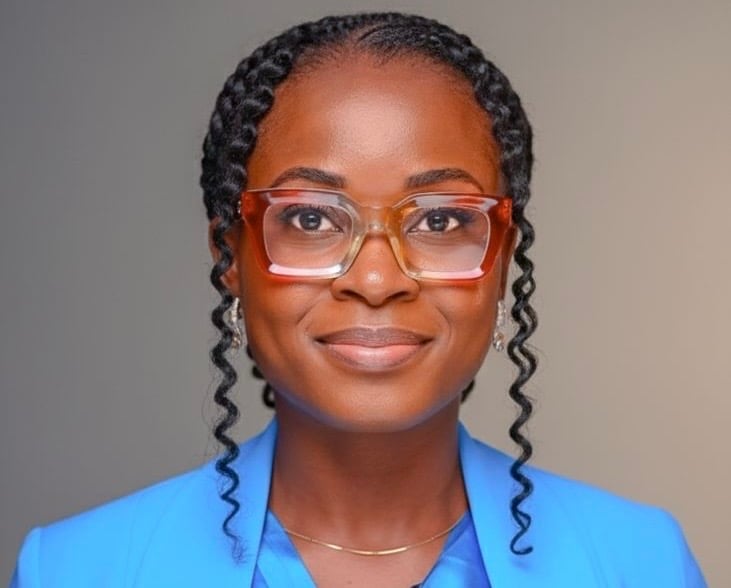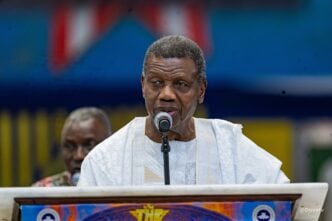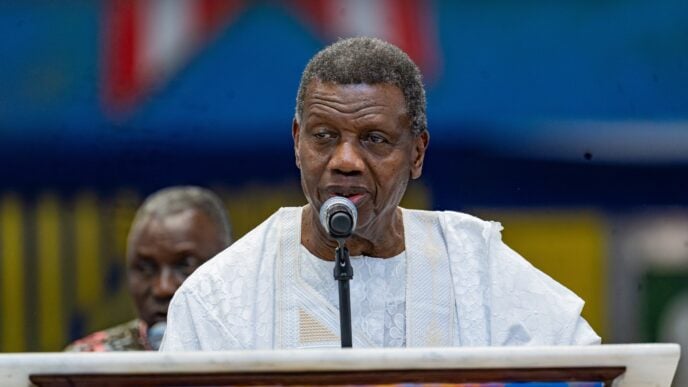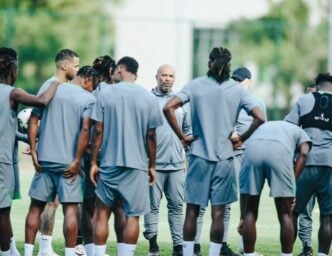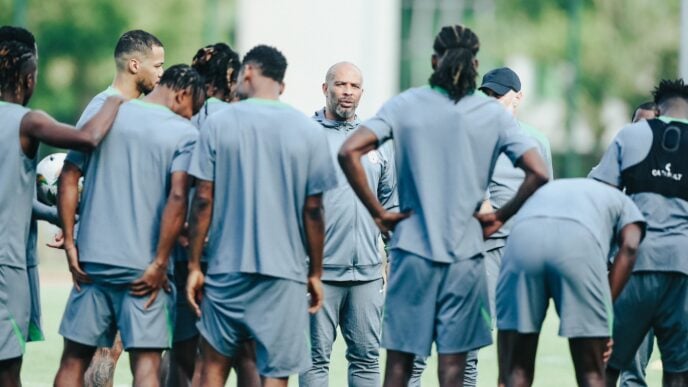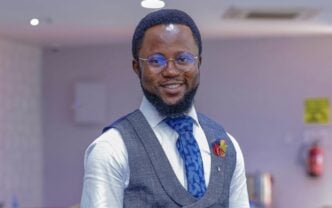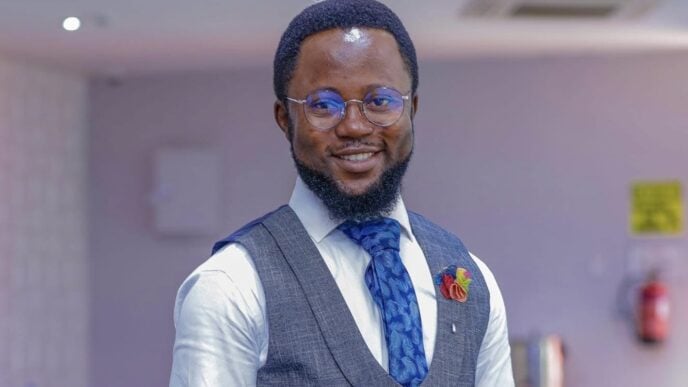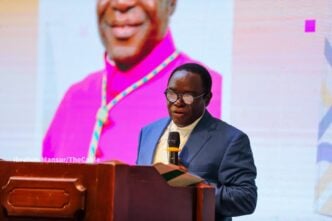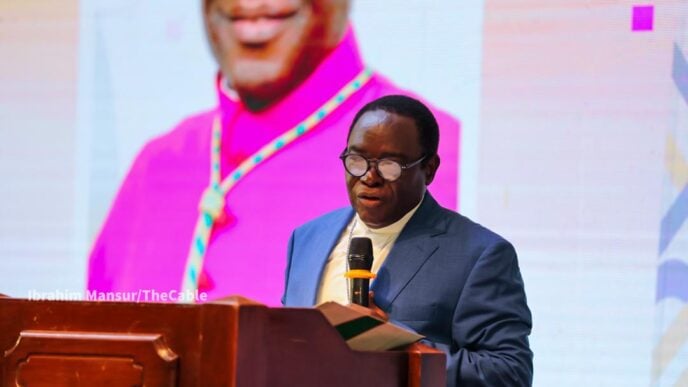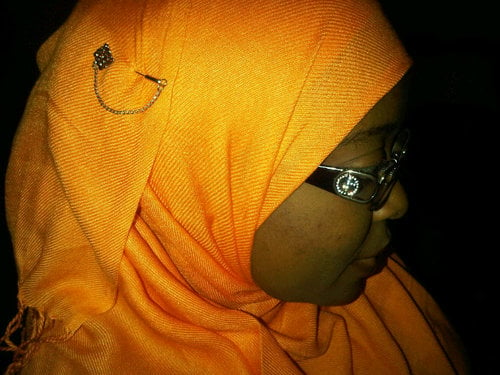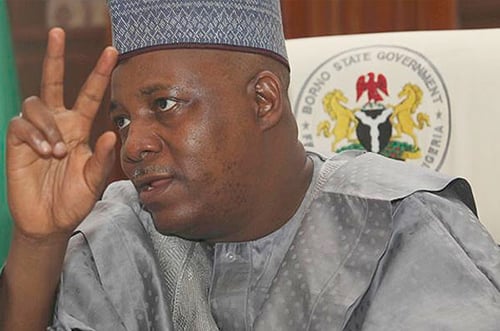Only 58 percent of Nigerian households are connected to the national grid, according to the National Bureau of Statistics (NBS). This low rate of connection alone signifies one of the country’s most challenging developments.
The challenge is compounded by service unreliability. The NBS noted that even connected homes endure blackouts an average of 6.4 times weekly, leaving millions of rural and peri-urban families reliant upon costly diesel generators and dangerous kerosene fuels.
This profound energy deficit proved to be both a national failing and a distinct commercial opportunity. Chiamela Anosike, founder of Solaris Green Tech Hub, is tackling this challenge head-on, delivering small-scale solar solutions specifically to these overlooked rural and peri-urban communities, providing a reliable and cleaner alternative to costly, unsafe conventional fuels.
In this interview with TheCable’s RAHMOTULLAH LAWAL, Anosike discusses the obstacles of running a clean energy business in Nigeria and why she believes Africans must champion local innovation.
Advertisement
TheCable: What led you into the clean energy space, and how did your journey begin?
Anosike: Across Africa, over 600 million people have no access to electricity. In Nigeria alone, according to the Rural Electrification Agency, more than 50 percent of Nigerians still lack power, and that number keeps growing.
I come from that group. In 2019 and early 2020, I was living in a semi-urban community. When COVID hit, we had to work from home, but there was barely any electricity. We could go two or three months without power. You would hear people shouting “NEPA!” when the light came on.
Advertisement
That frustration made me realise we needed an alternative. I was working with an engineering company at the time, even though my background was in public administration. That experience introduced me to problem-solving and engineering. That was where Solaris began.
We started Solaris in 2020 as a renewable energy company committed to combating energy poverty, especially in rural and peri-urban communities. These are people living on less than one dollar a day.
TheCable: What lessons have you learnt from building a company in Nigeria?

Anosike: Access to finance is the first big challenge. Hardware businesses are capital-intensive. Unlike software start-ups, we need real-life prototypes, and that requires funds.
Advertisement
We bootstrapped everything at first. My salary and my savings all went into building the first kiosk. It failed. But we rebuilt, tested again, and it worked. That led to our first grants and equity funding.
Another challenge is being a woman in a male-dominated sector. Clients sometimes doubt your technical ability because you are female. I have learnt to manage that by letting my engineers handle the front-end discussions while I focus on strategy and finance.
Then, there is the regulatory stress. Getting documentation, tax clearance, CAC updates, and certifications can be a nightmare. You might be told to pay five times the official amount. We once applied for an ITF certification that officially costs N100,000, but an officer insisted on N250,000 for ‘processing’. I had to escalate it to his boss to get it resolved.
Running a business here is hard because the system is not designed to support small enterprises. The taxes and the bureaucracy are all frustrating.
Advertisement
TheCable: How have changes in the economy shaped your growth?
Anosike: The impact is clearly negative. Policies keep changing, inflation keeps rising, and the exchange rate is unstable.
Advertisement
After fuel subsidy removal, we expected people to turn to solar alternatives, but that did not happen as much. As fuel prices rose, so did everything else, such as food, transport, and rent. People now prioritise survival essentials over energy solutions.
A family that once bought a N50,000 solar product can no longer afford it. Some have even turned off their refrigerators because they cannot afford power units. So, while policy shifts should have boosted solar adoption, the economic reality has made people poorer instead.
Advertisement
TheCable: Despite the challenges, what keeps you grounded and motivated to keep going?
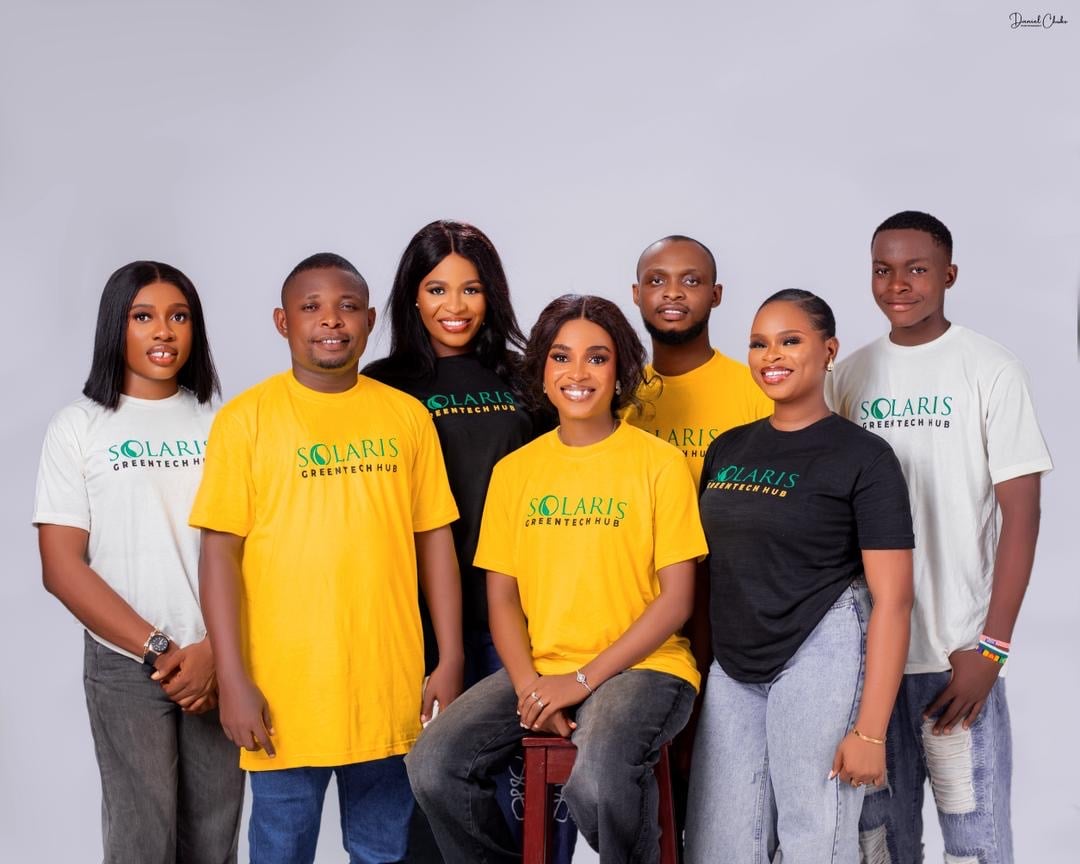
Anosike: My hope lies in the belief that Africans must solve African problems. Even when local support is lacking, international organisations have validated and supported our work.
Advertisement
We have received grants and training from the European Investment Bank, RES4Africa Foundation, Westerwelle Foundation, WomHub South Africa, and others. Not just grants, but training, support, and validation as well. That tells me our solution has global relevance.
But ultimately, no one is coming to save us. We must build our future ourselves. I want young people, especially women, to see that we can create change, innovate, and solve our problems from within. That is the impact I hope to leave behind.
TheCable: What legacy do you hope your work leaves behind, particularly for young women?
Anosike: I am not just building a business; I am building something that will outlive me. I want Solaris to be transgenerational, to stand the test of time.
At a conference I attended recently in Germany, the focus was on African youth as job creators. Governments cannot create enough jobs; the private sector must. That is the kind of business I want Solaris to be, one that creates opportunities and becomes a testament to innovation and resilience.
I also want to inspire young women to see beyond stereotypes. We can be innovators, engineers, and entrepreneurs. It is not just about being a baby girl; we can build, lead, and solve real problems.
